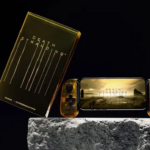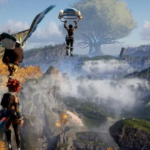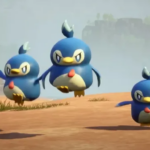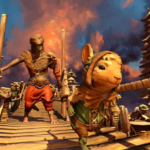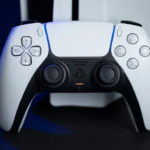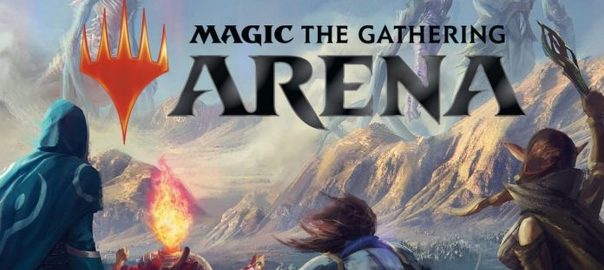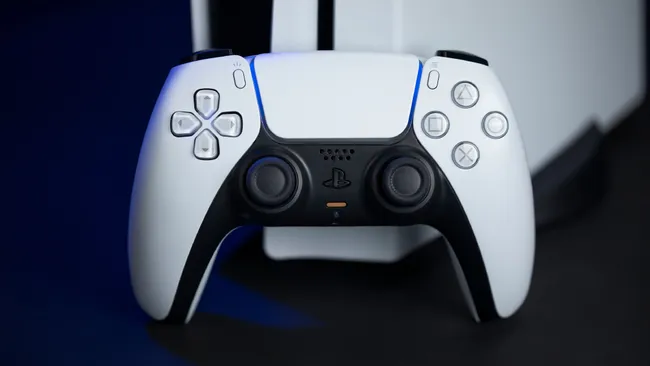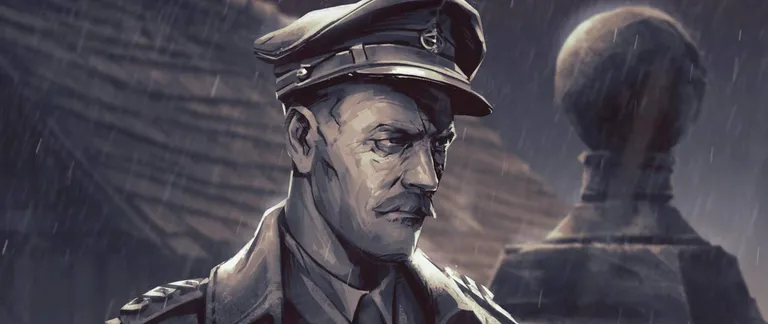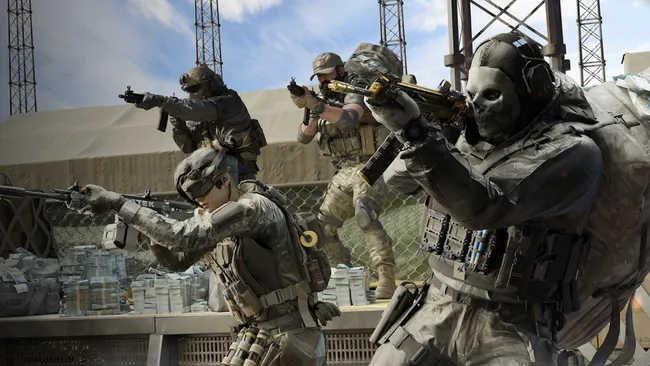

Magic: The Gathering Arena is a free-to-playdigital collectible card game developed by Wizards of the Coast’s internal development studio, Wizards Digital Games Studio. The game is a digital adaption of the Magic: The Gathering (MTG) card game, allowing players to gain cards through booster packs, in-game achievements or microtransaction purchases, and build their own decks to challenge other players. It is commonly referred to as MTG Arena, Magic Arena or just Arena within the broader Magic: The Gatheringcontext.
Gameplay

MTG Arena follows the same rules as the physical card game, which players use decks of cards that include land cards that generate five separate colors of mana, and play cards that consume that mana to summon creatures, cast offensive and defensive spells, or other activate effects. Players battle other players using a selected deck, with the goal of reducing the opponent’s health to zero before their opponent can do the same to them.
MTG Arena supports both Constructed Deck play and Draft play. In Constructed play, players create decks of cards from their library. The game gives new players a library of base cards and pre-made decks from those cards, but as players win matches or complete daily quests, they can earn new booster packs that add cards to their library, and allow players to then customize their decks and improve them. Unlike most physical packs of Magic cards which usually contain 15-16 playable cards, packs in MTG Arena contain 8 cards (1 rare, 2 uncommons, and 5 commons).[ In Draft play, players are first given a number of special booster packs to build out a deck. They then try to win as many matches as they can with that deck. Once the player has won either 7 matches or lost three games with that deck, that deck is then retired; the player gets to keep all the cards drafted and also earns rewards that provide more booster packs and resources to build up their library.
Arena is free to play, but it is supported by micro-transactions. Players can use real-world currency to buy gems, the in-game currency, which in turn can be spent on booster packs or to enter draft or constructed events. Gems are also given as rewards for winning draft mode. A booster pack may have a chance of including a Wildcard of a specific rarity. The player may swap these Wildcards for any card of the same rarity type. Magic: The Gathering allows decks with up to four copies of the same card, so once a player earns a fifth copy of a named card through booster packs, this instead is used to add to a Vault meter, based on its rarity. When the Vault meter is filled, the player can open it to gain Wildcards. The game does not include a feature to trade cards with other players as the developers state this would affect their ability to offer in-game rewards at the level they want while effectively calibrating the economy to make it easy and efficient to get cards through game-play.[

Development

Arena is designed to be a more modern method of playing Magic: The Gathering with other players while using a computer when compared to Magic: The Gathering Online. A key goal of its development was to allow Arena to remain current with physical releases of new expansions to the physical game, with the goal of having the digital version of the expansion available the same day that they are available in retail.[ For example, the Dominaria expansion was released simultaneously as a retail product and within Arena on April 27, 2018,[ while the first major core game update in several years, «Core 19», was available in Arena on the same day as the set’s street date of July 13, 2018.[ The game will also stay current with the designated Standard format, where cards from the last few major expansions are considered valid for deck construction. Players will not be able to gain cards from sets retired from Standard, and while the game presently does not have such modes, the developers want to offer means to play with non-standard decks in the future.
The core part of the development of Arena was its game rules engine (GRE). The goal of this engine was to make a system that could handle current and future rulesets for Magic to support their plan to remain concurrent with the physical releases. The GRE provided means to implement per-card level rules and effects, allowing it to be expandable. The GRE also helped towards speeding up play in the game. Compared to other digital card games like Hearthstone where an opponent cannot interact during a player’s turn, Magic: The Gathering allows opponents to react throughout a player’s turn. In previous iterations of Magic games that allowed this, including both Online and Duels of the Planeswalkers, these systems were found to slow down the game while waiting for an opponent to react or opt to not react. Instead, in Arena, the developers were able to use the per-card support to determine when reactions to a played card needed to be allowed, using observations from Magic tournament play. This helped to speed up the game for both players while still allowing for complete card reactions to be played out.[
Arena is not anticipated to replace Magic: The Gathering Online; Online will continue to support the whole of Magic‘s card history, while Arena will only include cards in the current Standard sets from its initial release and any expansions going forward.
Arena was first tested in a closed beta. An initial stress-test beta to selected users started in November 3, 2017, with those selected limited to non-disclosure agreements for testing purposes, while others could apply to gain access to later stages of the closed beta. The first large scale closed beta started in December 2017. Its open beta started on September 27, 2018, with its full launch expected in 2019.[

Esports

In December 2018 Wizards of the Coast announced at the Game Awards 2018 that an Esports pool would be created for the game for 2019. The $10 million prize pool will be equally divided between the traditional tabletop game and the new digital version Arena.]
In 2019, Wizards of the Coast unveiled a new esports program which started with a special Mythic Invitational event and a $1 million prize pool at PAX East, in Boston, on the weekend of March 28-31. The event was held in as series of three double-elimination brackets using a new MTG format described as «Duo Standard» requiring two complete decks with no sideboarding. The event was won by Andrea «Mengu09» Mengucci claiming the top prize on $250,000.

Информация стырена с en.wikipedia.org

